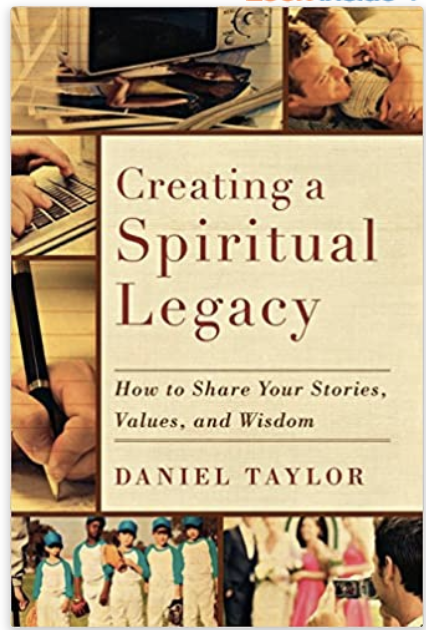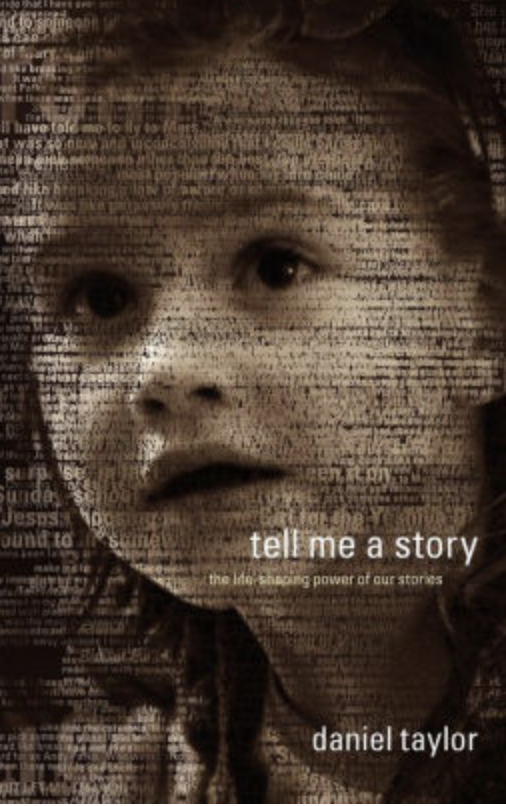The Mother’s Day Gift She’s Sure to Love
The Mother’s Day Gift She’s Sure to Love
Her children rise up and call her blessed. Proverbs 31:28
I’ll be honest. I’m not really looking forward to this Mother’s Day. It will be the first since my mom died. I didn’t always do a good job of celebrating her. Life got busy, and of course I had my own Mother’s Day to celebrate with my kids. It was also hard to come up with a gift. Especially in the latter years of her life, she insisted that she didn’t want any more “stuff,” so it was hard to find something she would want. She also didn’t enjoy going out to eat as much as she once had, so I couldn’t take her to lunch. The last few years I usually just settled on a scarf or some earrings and a handmade card. When I was going through her “stuff” after she died, I was surprised to see how many of my Mother’s Day and other cards she had saved. I don’t know why I was surprised. I usually save all the cards my kids send me. There is something about a kid (even, or especially, an adult kid) taking the time to write things down.
All of this leads me to this guide to writing a thank-you letter to your mom. I know, buying a card and signing it is easier. Sending a handprint of your preschooler is easier. Writing a thank-you letter is hard, because we have to stop and think about our mother’s life and how it has shaped us. We have to try to put words to thoughts that are hard to articulate.
It’s even harder if you lost your mother early in life or if your mother wasn’t much of a mother to you. Maybe you would like to consider writing a thank-you letter to someone who has mothered you well. I pray there’s someone in your life like that. It may even be a friend around your same age. Some of you, like me, may have lost your mother recently. I plan to do this exercise in remembrance. I believe it will help me as I grieve. Maybe it would help you too.
Life is short, and words are meaningful. Let’s take the time to write them down and give them to our moms.
To get you started, I’ve provided a few prompts and tips for writing.
Prompts:
Tell her something you love about her…
Her cooking, her sense of humor, her wits, the way she provided for you and your family
Tell her a way she’s really helped you…
Always being there when you call or text
Bringing your lunch to school when you forgot it
Taking care of your kids so you could get some time away
Tell her about a characteristic or practice she has that you’d like to develop…
Her kindness, faithfulness, boldness
Her discipline in reading the Bible, her commitment to exercise, her love of prayer
Tell her about lasting impact she’s made…
on the world, on you, on your family, on your friends, on her work.
Think about things she’s really good at…
things she says a lot (even if you got tired of hearing it),
things she loves…
Tips for Writing Your Letter
- Pray about it. Ask God to help your memory and your imagination. Ask the Holy Spirit to give you the right words.
- Brainstorm…Set a timer for 15 minutes and get all your ideas down on paper or into the voice recorder on your phone. Talk to your siblings or your dad if you get stuck. Try to come up with as many specific examples of things your mom has done for you as you can.
- Write a rough draft. Set a timer for 15 minutes and just start writing. You can always change things later.
- Don’t worry about having the right grammar or the best words.
- Do try to be specific…remember to try to “show” rather than “tell”:
If you do this exercise, I’d love to hear about it. Comment below or shoot me an email here.














![When’s the last time you highlighted your weakness?
Therefore I will boast all the more gladly in my weaknesses, so that the power of Christ may rest upon me. 2 Cor. 12:10
All-Powerful God,
We confess,
we in Western culture
crave power, control, and independence.
The last thing we want
is to seem weak.
And yet, weakness is the way of Christ,
so it must be our way as well.
The apostle Paul understood that,
so in the face of accusations
that he wasn’t an apostle,
he countered the boasting of the “super-apostles”
with some boasting of his own:
“If I must boast,
I will boast of the things
that show my weakness” (2 Cor. 11:30).
And then he mentions how he was lowered in a basket through the window of a wall in Damascus, of all places,
a place he went to persecute Jews only to be knocked down on the road,
struck blind, by his Lord and Savior himself.
Paul shares many other weaknesses in 2 Corinthians,
a book that’s all about weakness as the way
of followers of Christ.
He asked that you would relieve him from a “thorn in the flesh,”
but you did not.
Instead, you said,
“My grace is sufficient for you,
for my power is made perfect in your weakness” (2 Cor. 12:9).
Lord, we know we really are weak —
[for each of these areas, name any weaknesses you have]
weak in our bodies,
weak in our work,
weak in our wills,
weak in our faith,
weak in our hope,
weak in our love.
We believe
that you your power is made perfect
in and through our weakness.
Help our unbelief.
In Jesus’s name. Amen.
Read 2 Corinthians 11:30-12:10.
#Dailyprayer #devotional
#hopewriterlife #goodnewsfeed #votd #Biblestudy #dailydevotions #grace #dailyverse #womensministry #aging
#gospelshaped #shereadstruth #womenoftheword #christianliving](https://www.elizabethturnage.com/wp-content/plugins/instagram-feed/img/placeholder.png)